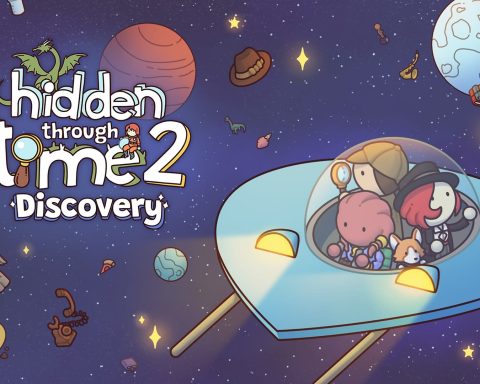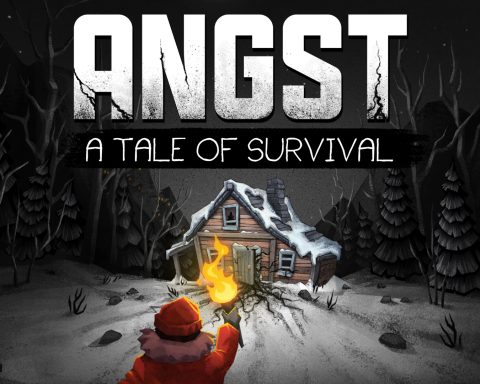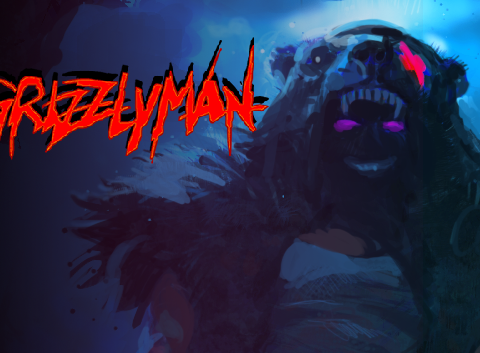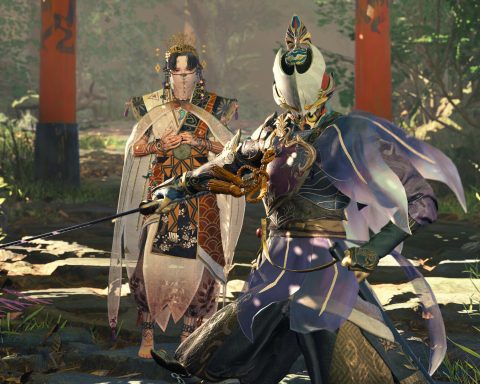To get something out of the way from the outset; when I say I don’t like open world games, I don’t mean that I dislike every single game within the genre. I can happily spend hundreds of hours playing games like Yakuza, or The Witcher 3; no problem at all there.
But I don’t like the genre. When I like an open world game, it’s despite it being open world. I can probably count the number of open world games that I liked because of their open world on one hand. To me, these games are, almost without exception, arbitrary. They’re fake. They’re smoke and mirrors. They’re highly linear games that throw flashbangs and fairy dust at players to bewilder them into believing that they’re either getting value for money, or a game in which they are actually free.
But you’re not. Once again, open world games are fake because they are utterly linear in their fundamental designs. As with most other games, in open world games you’re a mouse running through a maze looking for that bit of cheese that the developer through in there. You might feel like you’re free to go wherever you like, but ultimately, you don’t. It’s deception.
To read on, please log in with your DDNet Premium account:









